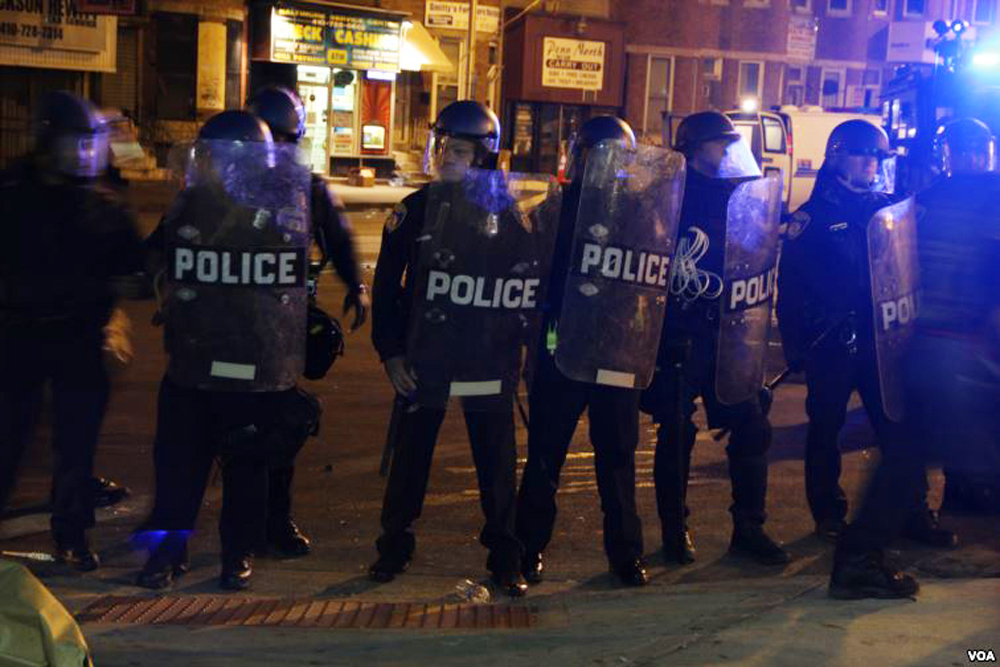Two weeks ago, my high school cafeteria, in Albany, Oregon, got burned to the ground by a veteran suffering from a PTSD breakdown. The fire caused tens of thousands of dollars in property damage (if not more), and destroyed all of the band’s instruments. But to his credit, the man responsible for the fire turned himself in.
In a statement to the press, he said he was in the middle of transferring his care from a Portland facility to a Salem facility and was off his medications. He owned up to it and is doing his best to make amends, but I’ve heard people from my hometown claiming that he was using PTSD as an excuse or that it doesn’t matter because there’s still a “special place in hell for people like him.”
I use this example because it shows how Oregon’s mental health system lets people down and how lacking in empathy a lot of Oregonians still are when it come to mental illness.
It’s depressing to see so much ignorance about mental illness in a town that has dozens of returning Iraq and Afghanistan veterans, but Albany is far from the only city lacking support systems for people with mental illness.
A 2014 Department of Justice report condemned Oregon for still relying heavily on institutionalizing individuals with mental illness and lacking community systems. Relying on institutional treatment further stigmatizes people with mental illness and prevents them from adjusting and integrating back into society after beginning treatment. Even people struggling with more everyday illnesses, like depression and bipolar disorder, receive the same kinds of stigma in a lot of areas.
Another Department of Justice report showed that the Portland Police Bureau had a demonstrated pattern of excessive force against people with mental illnesses and that Portland’s police force lacked appropriate training to deal with people who were having mental health crises or breakdowns.
The Red and Black Cafe famously requested that the 911 operator not send a police officer when there was someone overdosing in their bathroom, and it’s an off-the-books policy for staff in group homes for people with disabilities or mental illnesses around Portland to not call 911 unless it’s a health crisis. Instead, people who work in group homes are trained to defuse the situation as calmly as possible and attempt to redirect the behavior into something else, because calling the police could be more harmful to a resident’s health than their own behavior. Portland’s police force should have received similar training years ago, especially considering how high the rate of mental illness among Portland’s population is.
Our society still has a lot of work to do on accepting mental illness. With physical illness, most people seem to understand that there are recovery times and treatment periods and that sometimes it doesn’t just get better. But when it comes to people suffering from mental illnesses, some seem to think that they should just get better or act differently. People don’t understand that there’s something wrong that doesn’t always go away. But mental illness doesn’t always go away, and its place in society is firmly cemented. It’s sad that in 2015 we still haven’t accepted that, because it is something we can’t pretend will go away.






